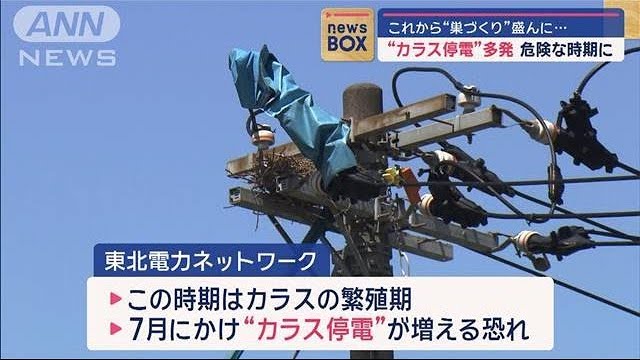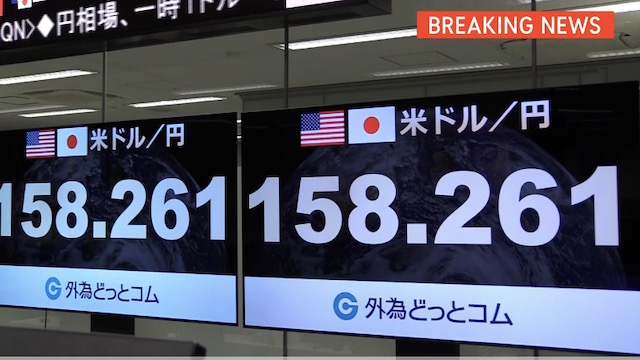Apr 18 (Japan Times) - Tissue paper and other daily products sold at Osaka Prison are so expensive that inmates mostly cannot purchase them, a situation amounting to a human rights violation, according to local lawyers.
The Osaka Bar Association advised the prison to make improvements in a statement dated March 29 after finding that 800 pieces of tissue were being sold inside the prison for ¥594, some 4.5 times higher than the market price.
Similarly, toothbrushes sold for ¥181 each, about 1.7 times more expensive than outside prison, while men’s briefs cost ¥702, a markup of about 1.4 times, according to the bar association.
Inmates are generally given daily products by the prison, but they can also make purchases on their own from designated sellers.
The price of the products at the prison rose after the Justice Ministry switched the designated seller in 2011 from a foundation operated by former correctional officers to a Tokyo-based firm under a major trading house, it said.
“Reward money inmates gain through prison labor is about ¥4,500 a month. Although the quality of the products may have improved, they are too expensive and are a restriction on the freedom to buy necessities,†a lawyer from the bar association said.









